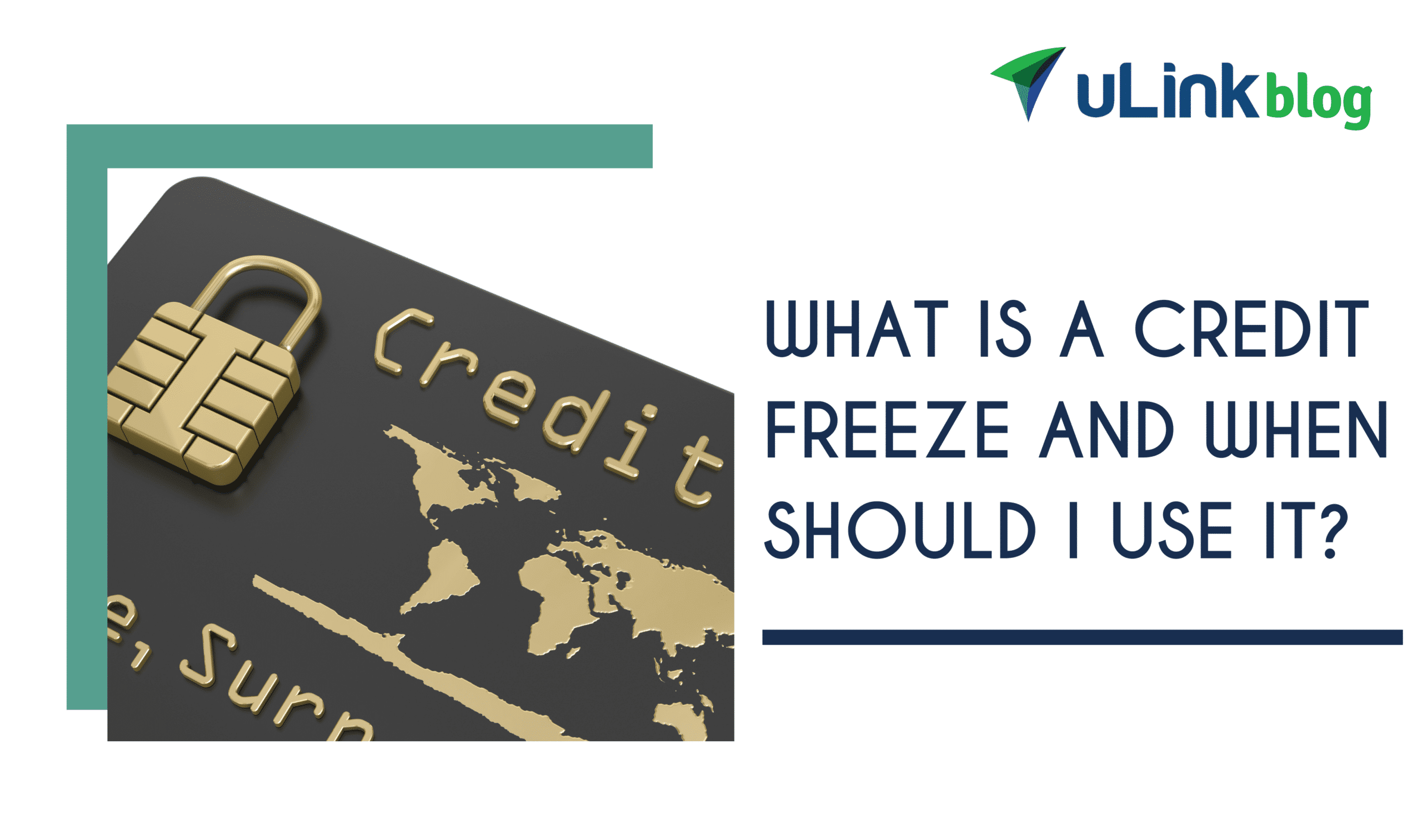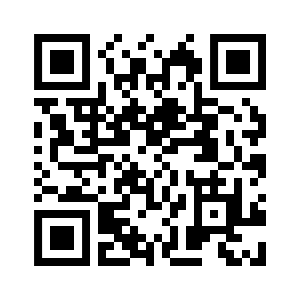
Identity theft is an existential threat in our digital economy.
Every year, credit card fraud, imposter scams, and data hacks undermine millions of Americans.
Fortunately, a credit freeze can help protect your finances (and your credit score) from fraud.
While we hope you never need to use one, it’s important to know what a credit freeze is, so you can take action when it matters most.
In this article, we’ll provide an overview of how a credit freeze works, when you might need to use one, and how it differs from a credit lock.
What Is a Credit Freeze?
A credit freeze temporarily blocks access to credit reports.
All applications for loans and credit cards require lenders to check your credit history. Once they review the relevant data, they’ll either approve or deny your application.
When it comes to identity theft, criminals seek to open fraudulent accounts under your name—more often than you think. In 2021 alone, the Federal Trade Commission received nearly 6 million fraud reports, with total losses exceeding $6.1 billion.
Fortunately, a credit freeze prevents criminals from getting away with it. After all, when lenders try to view your credit report, there will be nothing to see, and fraudulent applications will be denied.
Until the credit freeze is officially lifted—a decision only you can make—most financial institutions will be unable to access your credit information.
Why Would I Want to Freeze My Credit?
While identity theft can occur in many situations, it frequently happens as a result of a widespread data breach.
For example, let’s imagine that John has an account with ABC Company, a popular online retailer.
One morning, he opens an email from the company admitting that they were subject to a major cyberattack, and that his credit card information may have been leaked.
When John realizes that hackers have tried to steal his identity, he calls his credit card issuer to cancel the card and prevent any unauthorized transactions.
Then, he contacts the three major credit bureaus, Equifax, Experian, and TransUnion, and tells them to put a credit freeze on his accounts.
John’s quick thinking will helped mitigate the damage from the data breach. Eventually, when the storm passes, he’ll be able to “thaw” his credit, whenever he chooses to do so.
How a Credit Freeze Works
You can initiate a credit freeze anytime online, by phone, or by mail.
There’s just one caveat: you’ll need to contact all three major credit bureaus individually—just like when you dispute a credit report.
You also have the option of freezing your credit at the two smaller credit bureaus, Innovis and the National Consumer Telecom & Utilities Exchange (NCTUE).
Note: you can technically request a credit freeze by mail with each of the five bureaus. Due to the urgency of the matter, however, we recommend you authorize the freeze online or by phone.
Documents You’ll Need
Before you call or go online to request a credit freeze, be sure to have your personal information at hand, including:
- Social Security Number (SSN)
- Date of birth
- Proof of address (even a utility bill will do)
- A copy of your passport, driver’s license, or military ID
- A copy of relevant tax documents and bank statements
Placing a credit freeze is entirely free and should never incur a fee of any kind. If anyone asks you for your personal financial information or mentions any additional charges, they are not to be trusted.
Equifax
To request a credit freeze by phone, call 1-866-478-0027.
To place a credit freeze online, click here.
Experian
To request a credit freeze by phone, call 1-888-EXPERIAN (888-397-3742).
To start the process online, click here.
TransUnion
To request a credit freeze by phone, call 1-800-916-8800.
To start the process online, click here.
Innovis
To request a credit freeze by phone, call 1-866-712-4546.
To start the process online, click here.
National Consumer Telecom & Utilities Exchange (NCTUE)
To request a credit freeze by phone, call 1-866-349-5355.
To start the process online, click here.
| Equifax | Experian | TransUnion | Innovis | NCTUE | |
| Phone | 1-866-478-0027 | 1-888-EXPERIAN (888-397-3742) | 1-800-916-8800 | 1-866-712-4546 | 1-866-349-5355 |
| Online | Click here | Click here | Click here | Click here | Click here |
Credit Freeze vs. Credit Lock
A credit freeze and a credit lock are similar, as they both block access to credit reports. Nevertheless, they have several notable differences.
As the name implies, a credit lock enables consumers to lock (and unlock) their credit reports via a mobile app. This process can be done very quickly, and there’s virtually no limit to the number of locks and unlocks you can use.
Conversely, a credit freeze is a more official action that requires time and paperwork to set (and later, to “thaw”).
For the sake of example, let’s say you use a credit lock app to keep your credit report safe.
On most days, you deliberately leave the app on “lock.”
When you need to apply for an auto loan, however, you open the app, “unlock” your credit (to allow lenders to check your report), then lock it again after you’ve been approved.
In this way, a credit lock can provide many of the protections of a credit freeze with additional flexibility.
Each of the three major credit bureaus offers a credit lock service to consumers. While all credit freezes are free of charge (per federal law), some credit locks do require a paid subscription.
Experian charges a monthly rate of $24.99, while Equifax and TransUnion both provide a free proprietary product.
Cons of Freezing Your Credit
While a credit freeze is a powerful way to protect your identity, it can introduce some complications.
Increased Insurance Rates
It’s no secret that insurance rates are tied to your credit report (and FICO score).
If your credit is frozen, insurers may not be able to provide discounts for a good score and may ultimately charge you far more than necessary.
False Sense of Security
While a credit freeze prevents criminals from opening fraudulent accounts, you may still be vulnerable to other scams—especially if your Social Security Number was stolen.
Even after you set a credit freeze, be sure to keep an eye on all monthly statements, bills, and transactions. Don’t hesitate to report any suspicious activity.
Inconvenience
Freezing credit can be a time-intensive process.
After all, you need to contact all three major bureaus individually. If you do it online, you’ll need to open an account with Equifax, TransUnion, and Experian. Then, when you’re ready to “thaw” your credit, you’ll need to repeat the process with each bureau.
Ultimately, these potential drawbacks pale in comparison to the larger concerns of identity theft.
While a credit freeze may introduce some complications, it remains an essential pathway to protecting your financial future.
Moving Forward
While we hope you never need to use a credit freeze, this article should equip you to respond with confidence to even the slightest concern of identity theft.
If you have any questions about the U.S. credit system, be sure to check out our comprehensive guide right here.
At uLink, we’re fully dedicated to supporting your financial health. With great exchange rates and fees starting as low as $0, you can send money abroad to your loved ones safely.
Miles from home—just moments away with uLink.









